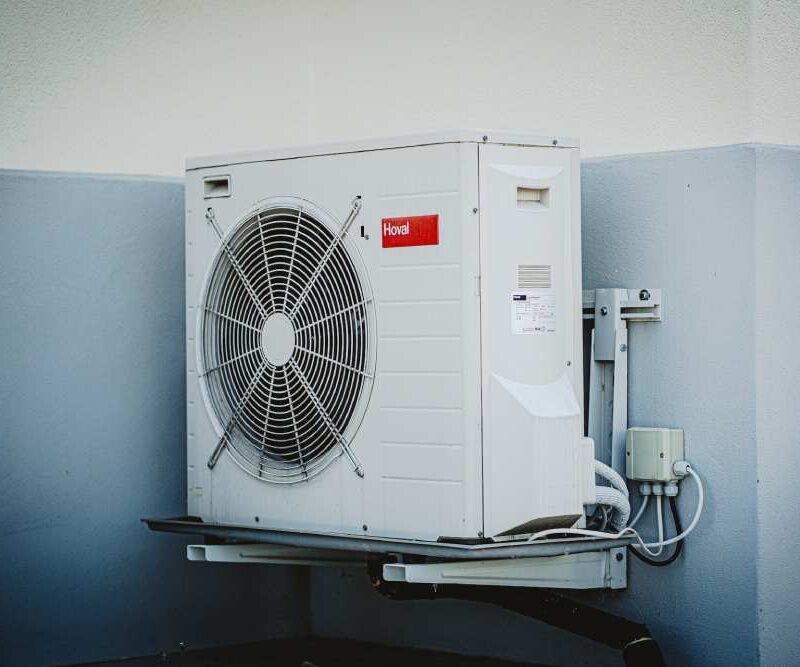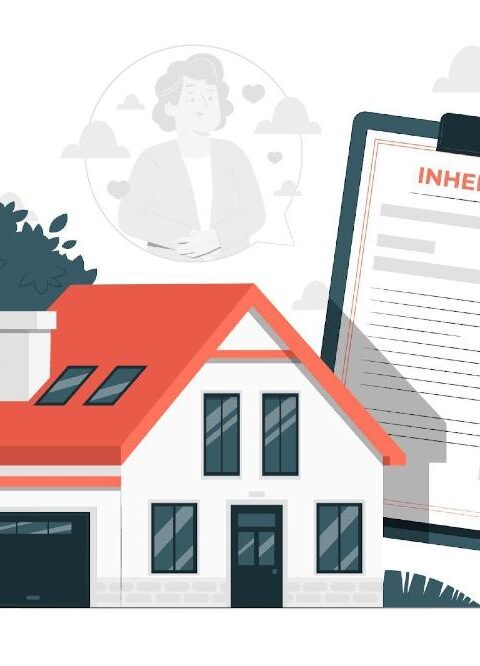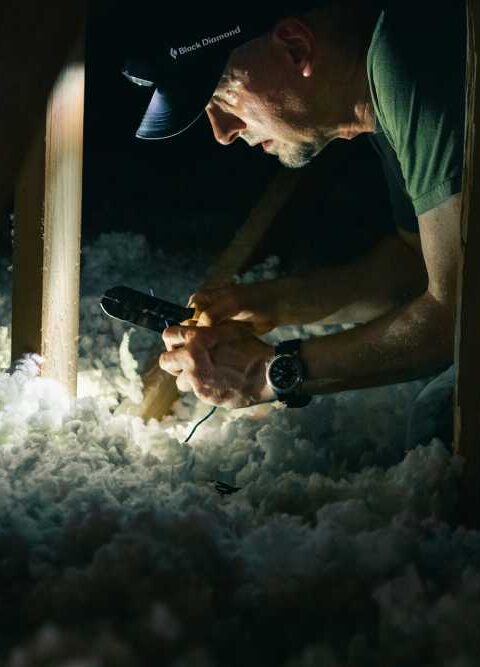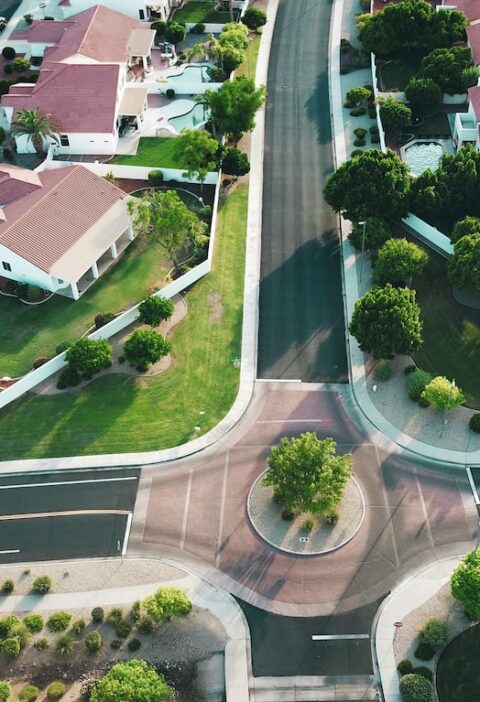As more people consider heat pumps as an alternative to traditional furnaces, there are some things homeowners should consider as they contemplate the switch.
A heat pump uses electricity to provide both heating and cooling. In the winter, a heat pump provides heating by extracting heat from outside and moving it inside. In the summer, it can provide cooling by moving heat from indoors to the outside. They are efficient at transferring heat from one place to another, but their effectiveness can be limited in extreme cold.
Heat pumps have become more popular as more Americans consider them as a way to combat climate change. Nearly half (49%) of Americans surveyed who don’t have a heat pump said they would consider one as their next heating system.
Before you call a professional for a heat pump installation, consider these factors.
Heat Pumps Are More Environmentally Friendly
Heat pumps will reduce a household’s carbon dioxide emissions compared to gas furnaces, depending on your energy source. In some areas where electricity is generated from renewable sources, the reduction in emissions can be as much as 60%.
However, some experts warn that as more homeowners install heat pumps, it could strain the electrical grid because of other new technologies like electric vehicles that will rely on it. That could increase the risk of power failures during peak times or add emissions to the air as fossil-fuel power plants work harder to meet demand.
Heat Pumps Can Save Money
Heat pumps can be a cost-effective way to heat and cool a home when replacing the more expensive systems that rely on propane or oil. Some states and utility companies offer homeowners subsidies or tax incentives to help reduce the cost of heat pumps.
But you should also consider the cost of installing a heat pump, which is more expensive than the installation of a gas furnace. Installing both a basic gas furnace and basic central AC is usually cheaper than installing one whole-house cold-climate heat pump. This will impact the total savings a homeowner experiences.
In some instances though, gas heating may cost less because a heat pump must work harder to generate enough heat during extreme cold than a gas furnace.
Heat Pumps Are Flexible, Easy to Install
Heat pumps are pretty easy to install if you would like to complete the task yourself. Of course, you also have the option to get in touch with a professional who is experienced in installing heat pump melbourne or wherever you are located. The best part is these appliances can be customized to suit your home.
There are many varieties of heat pumps that offer homeowners options — think ducted and ductless systems. Ducted heat pumps can easily be connected to existing forced-air systems, which can help reduce installation costs. Homes with an existing central AC can easily switch to a heat pump. It’s basically the same installation using the existing electrical connections, wiring and refrigerant lines.
Ductless heat pumps, known as mini-splits, are also easy to install. The outdoor portion of the heat pump is identical to that of a ducted unit, but the condenser hooks up to “heads” placed on walls or in ceilings around the home instead of connecting to a central forced-air system. It can get expensive, however, to install a multihead system, although not as much as adding ductwork.
However, heat pumps might not operate as well in drafty, poorly insulated homes. Your home also may need an electrical upgrade to support whole-house electric heating. And you may need supplemental sources of heat during periods of extreme cold when the heat pump can’t keep up.
Heat Pumps Can Improve Comfort
Heat pumps do a better job than traditional heating and cooling systems at maintaining temperature and humidity in your home. That means there are fewer stops and starts, which can lead to variations in a home’s temperature.
Modern heat pumps operate continuously at a fixed low level. That eliminates the wild swings in temperatures that often occur when using a gas furnace, for example. Because they’re most efficient when they run at this low level, you can save more energy by keeping the thermostat at the same temperature at all times. However, this could lead to discomfort during periods of extreme temperatures.







